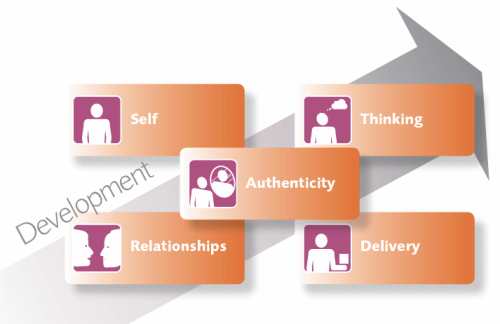The career paths of NHS chief executives
1 Apr 2010
Linda Barber, IES Senior Consultant
Chief executives, amongst other UK leaders, have recently come under sharp criticism for being self-centred and not abashed about awarding themselves bumper bonuses during the economic downturn. However, IES research for NHS Yorkshire and Humber (NHS Y&H) revealed that chief executives in their organisations were clearly driven by wanting to make a difference to others: a welcome antidote to the popular negative press.
IES explored the career paths of current chief executives who had made it to the top in the NHS to:
- make visible the multiple and diverse routes to becoming a chief executive in the NHS – to illustrate that one size does not fit all
- identify the key career?enabling factors and other pivotal experiences that they experienced along their own personal career journeys
- gather career insights and practical examples both to inspire and guide the future senior management pipeline
- promote wider understanding within the existing chief executive community about each other, and enhance existing networks and relationships.
An online survey was completed by chief executives, followed by telephone interviews to probe aspects of their careers in greater depth. The research revealed very interesting and diverse personal accounts from some very self-aware leaders and showed there is no single ‘best’ route (see figure).
Diverse entry routes into the NHS (21 chief executives)

Source: IES, 2009
Chief executives candidly revealed what makes them ‘tick’ by offering their views, advice and personal insights to help others navigate their own careers in the NHS. These insights clustered around the six key themes (see figure), underpinned by the need to be ethical and transparent. Five relate to ‘being’ a chief executive and the sixth concerns ‘how’ to become one.

Key headlines
- NHS leaders need to be true to themselves and have strong personal values.
- All sorts of people can become NHS leaders with many different kinds of career paths.
- Aspiring chief executives need personal development support, challenging work and a range of career experiences along their journeys.


